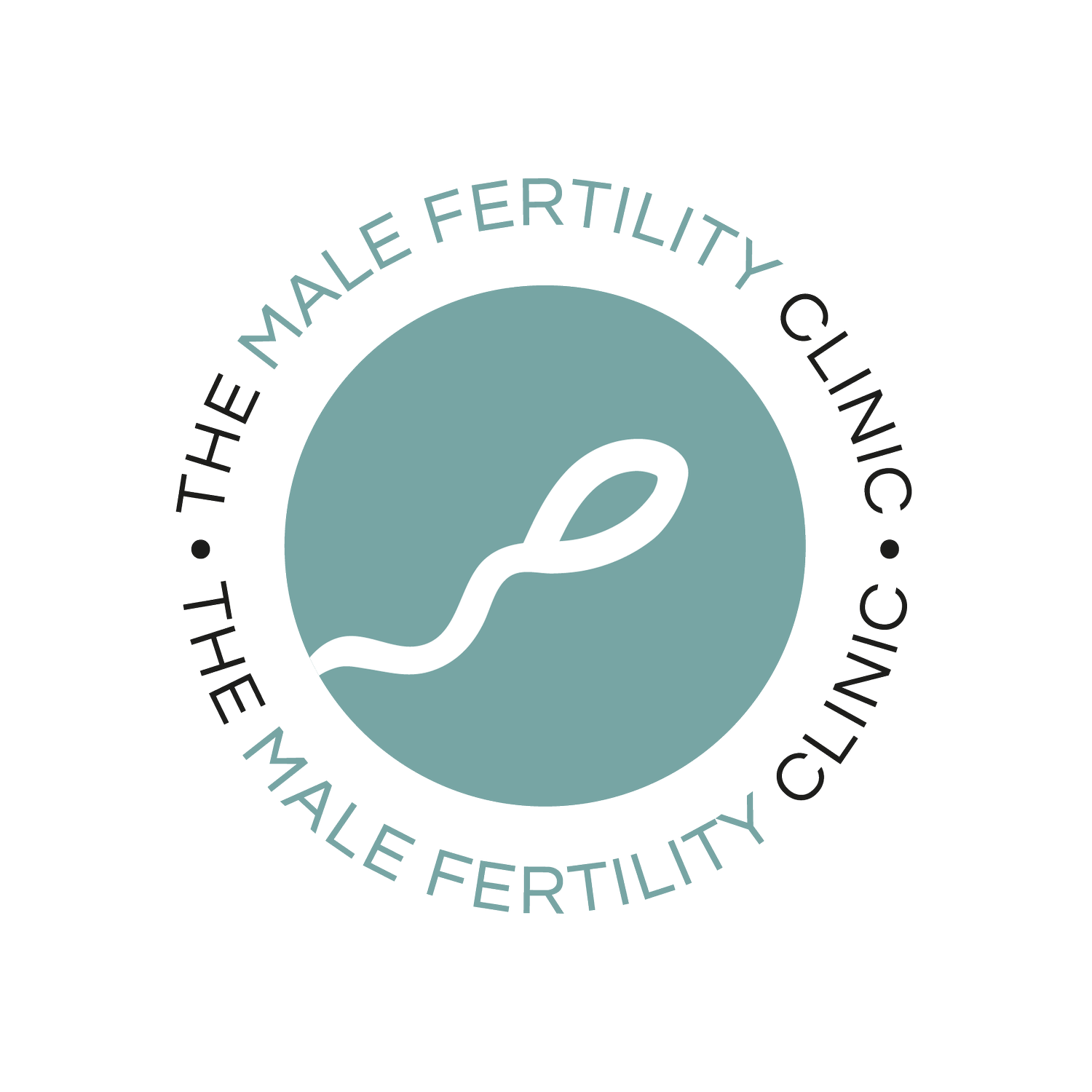How to Test Your Sperm Count After a Vasectomy Reversal
Deciding to undergo a vasectomy reversal is a significant step for men who wish to regain their fertility after a vasectomy procedure. While the reversal surgery is an essential part of the process, monitoring your sperm count and its overall health is equally crucial. In this blog, we will explore the reasons behind vasectomy reversals, the success rates in the UK, and the importance of the semen analysis tests offered by the Male Fertility Clinic in London. We will also discuss when to test post-reversal and provide tips to enhance sperm production and health. So, if you're considering a reversal or have already had one, read on to learn how to ensure your journey towards parenthood is as smooth as possible.
Why Opt for a Vasectomy Reversal?
Vasectomy reversals are performed for various reasons. The most common motivation is a change in a man's life circumstances, such as a new relationship or the desire to have more children. These procedures offer renewed hope for couples who wish to conceive naturally after the previous decision for sterility.
The Vasectomy Reversal Process
The vasectomy reversal procedure involves reconnecting the vas deferens, the tubes that carry sperm from the testicles to the urethra. It is performed under local or general anaesthesia, and the success of the surgery largely depends on the surgeon's expertise.
Success Rates of Vasectomy Reversals in the UK
Vasectomy reversal success rates vary depending on factors like the time since the initial procedure and the surgeon's experience. On average, success rates in the UK range from 40% to 90%. While these statistics can be encouraging, it's essential to monitor your sperm count and health to ensure that your fertility has been restored effectively.
Why Sperm Analysis is Vital
After a vasectomy reversal, it's crucial to check the health and count of your sperm to confirm the success of the procedure. The Male Fertility Clinic in London offers comprehensive semen analysis tests to assess not only the concentration but also other parameters such as motility and morphology. These tests are essential to ensure that it is not only present but also functioning correctly for conception.
When Should You Test Your Sperm Count After a Vasectomy Reversal?
The timing for analysis post-reversal is vital. You should typically wait about three months before taking a test. This waiting period allows for the regeneration of sperm in the testicles. Testing too soon may yield inaccurate results. The Male Fertility Clinic in London offers convenient scheduling options for your semen analysis test, ensuring that you receive timely and accurate results.
Tips for Encouraging Healthy Sperm Production
Maintain a Healthy Lifestyle: A balanced diet, regular exercise, and stress management are all essential for sperm production. Avoid excessive alcohol consumption and quit smoking if you do.
Supplements: Consider taking supplements like folic acid, zinc, and antioxidants. A speciality male fertility supplement will generally contain the best combination of vitamins, minerals and antioxidants to support reproductive health.
Stay Hydrated: Drinking plenty of water is crucial for overall health, including sperm production.
Optimise Sexual Health: Regular sexual activity can help ensure that your sperm remains healthy and active.
Avoid Excessive Heat: High temperatures can affect sperm production. Avoid hot baths, saunas, or tight-fitting underwear.
Book Your Semen Analysis Test Today
If you've undergone a vasectomy reversal and are eager to confirm its success, the Male Fertility Clinic in London is here to assist you. Our comprehensive semen analysis tests will provide you with the information you need to move forward on your journey to parenthood. To view available appointments and book your semen analysis test, visit this link today and contact us anytime.

